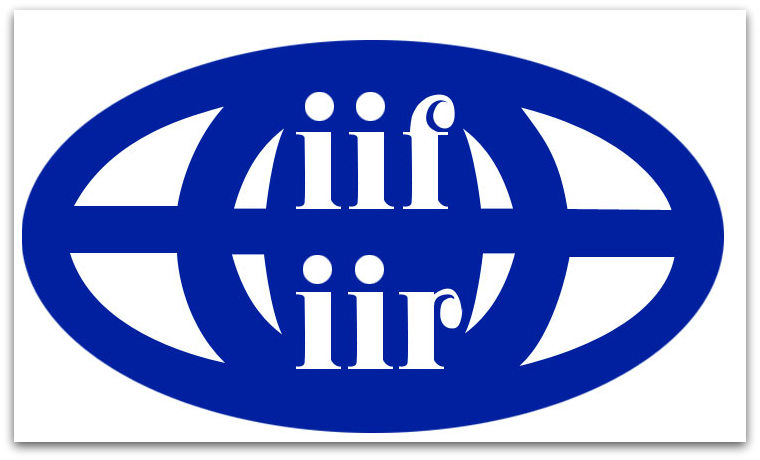Antioxidant activity of CO2-extracts of some plants and prospect of their use in technology of food fish oils
UDC 664.3
Baydalinova L.S., Agafonova S.V.
Abstract
Polyunsaturated fatty acids of fish raw materials take the leading positions in the market of dietary supplements. Protection against oxidation of fatty acids – one of the most important problems of quality of such food additives. For this purpose often use synthetic antioxidants which can damage health of the person. Natural CO2-extracts of plants (rosemary, sage, ginger, cinnamon) can be alternative to synthetic antioxidants. The main indicators of antioxidant activity of extracts were investigated: total content of water-soluble antioxidants, polyphenols, anti-radical activity. The greatest total content of water-soluble antioxidants is noted in extracts of cinnamon (144.5 mg/ml) and sage (120.6 mg/ml). The organoleptic assessment is given to fat of a salmon, stabilized by plant extracts, thus is established that CO2-extract of rosemary is the most preferable to fish oil enrichment as has no essential impact on organoleptic characteristics of a product. In CO2-extract of rosemary the content of biological antioxidants is defined, especially high content of vitamin C in it (12.03 mg/ml), leuco-anthocyanins (0.83 mg/ml), catechins (0.41 mg/ml) is revealed. The stabilizing effect of CO2-extract of rosemary on lipids of a salmon is shown. At storage of the oil of a salmon stabilized by CO2-extrakt of rosemary in the conditions of positive unregulated temperature within 6 months smaller intensity of hydrolytic and oxidizing processes, than in fat without antioxidant was noted. The acid value of fish oil with an antioxidant for the end of storage didn't exceed 0.7 mg KOH / g, peroxide value – 2.5 mmol of active oxygen / kg.
Keywords: omega-3 polyunsaturated fatty acids, fish oil, antioxidants, CO2-extracts of plants, rosemary extract
Antioxidant activity of CO2-extracts of some plants and prospect of their use in technology of food fish oils
Abstract
Polyunsaturated fatty acids of fish raw materials take the leading positions in the market of dietary supplements. Protection against oxidation of fatty acids – one of the most important problems of quality of such food additives. For this purpose often use synthetic antioxidants which can damage health of the person. Natural CO2-extracts of plants (rosemary, sage, ginger, cinnamon) can be alternative to synthetic antioxidants. The main indicators of antioxidant activity of extracts were investigated: total content of water-soluble antioxidants, polyphenols, anti-radical activity. The greatest total content of water-soluble antioxidants is noted in extracts of cinnamon (144.5 mg/ml) and sage (120.6 mg/ml). The organoleptic assessment is given to fat of a salmon, stabilized by plant extracts, thus is established that CO2-extract of rosemary is the most preferable to fish oil enrichment as has no essential impact on organoleptic characteristics of a product. In CO2-extract of rosemary the content of biological antioxidants is defined, especially high content of vitamin C in it (12.03 mg/ml), leuco-anthocyanins (0.83 mg/ml), catechins (0.41 mg/ml) is revealed. The stabilizing effect of CO2-extract of rosemary on lipids of a salmon is shown. At storage of the oil of a salmon stabilized by CO2-extrakt of rosemary in the conditions of positive unregulated temperature within 6 months smaller intensity of hydrolytic and oxidizing processes, than in fat without antioxidant was noted. The acid value of fish oil with an antioxidant for the end of storage didn't exceed 0.7 mg KOH / g, peroxide value – 2.5 mmol of active oxygen / kg.
Keywords: omega-3 polyunsaturated fatty acids, fish oil, antioxidants, CO2-extracts of plants, rosemary extract












